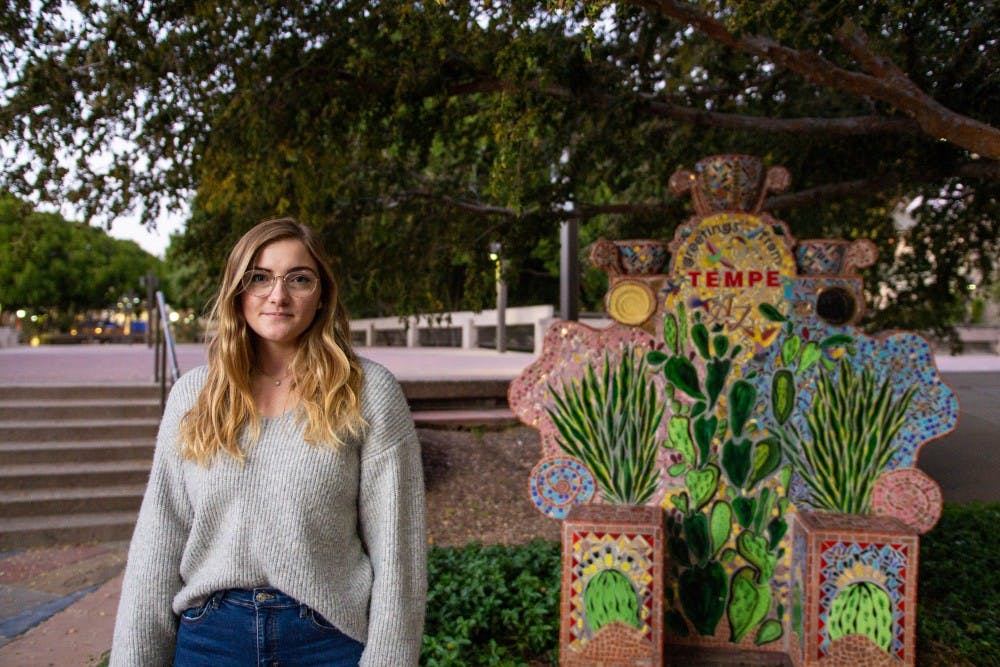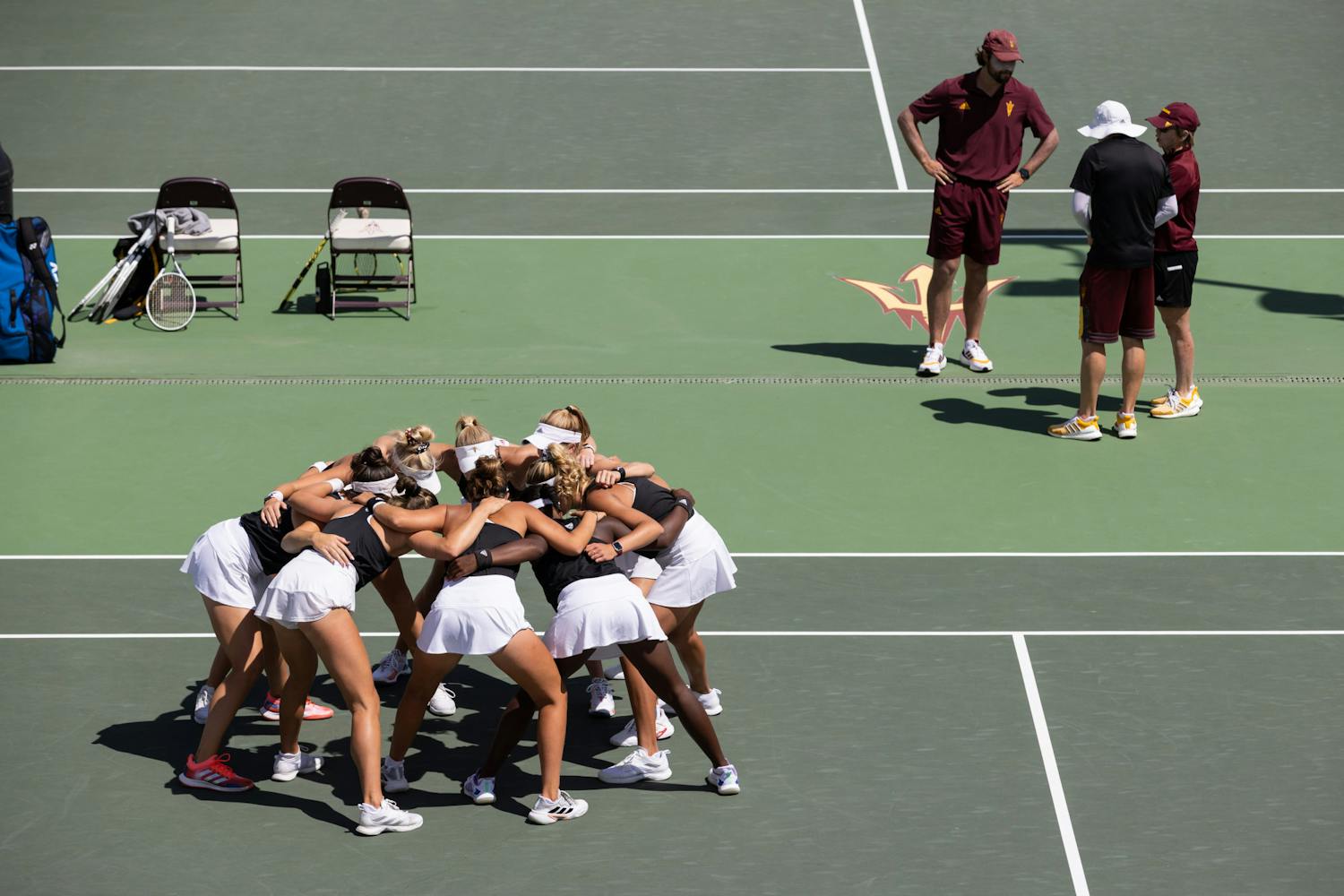ASU is not the first university that I have attended. However, it has become evident to me that it is the best one for me to attend to become more involved in politics.
After the 2016 presidential election, I watched as my high school in Phoenix turned from a place of inclusion and intellectual curiosity to a place where many students, and even a few teachers, did not feel safe. This was the turning point in my journey to become politically active — I realized I had a responsibility to get involved and make a change in my community.
My freshman year of college I attended University of Missouri in a region that's notoriously conservative.
Quickly, it became clear to me that students and the general public did not want to get involved with politics. Many students had strong opinions and would happily argue about policies, but most were not registered to vote and did not see any point in doing that or anything else.
I attended the Women’s March and the March for our Lives in Columbia, Missouri, and there could not have been more than 100 people at either event. Nevertheless, we stood in the cold and made sure we were heard. Even if it was just one car driving by us, we felt like making that person hear us was better than not doing anything at all.
But my sophomore year I came to ASU, and already I could tell my experience would be more enriching. I came just as the midterms were heating up, and I recognized the need to become involved.
I spoke to peers in my classes about the issues they were confused about, whether it be a particular policy, a candidate for an office or the process of registering to vote. Eventually, I convinced a few of them to let me help them register to vote in between classes.
It was the culmination of several years of burgeoning political interest. I first took notice of politics in 2008 when Barack Obama won his first presidential campaign. But as I got older, I became more frustrated. Out-of-touch senators and those who put their donors above their constituents made me want to change the status quo.
Prior to attending ASU, I worked as a fellow for the Arizona Democratic Party. I decided it was vital for me to have both a hands-on understanding of how elections work as well as make sure my fellow students understood how important the 2018 midterms would be.
I canvassed all over the Valley and participated in phone banks to ensure people in Arizona were registered to vote.
Most of them ignored us or actively avoided us, but in my mind, each person that talked to us was a win.
And that's how I viewed politics, one small victory at a time.
And one key small victory would be improving student political engagement.
The first step is giving them the information they need. Regardless of their opinions or beliefs, many students care deeply about their community and want to make it the best it can be.
And there are plenty of reasons for them to care. Policies that will be decided by the newly elected officials in Arizona, and farther away in Washington D.C., will affect many of these students — myself included — personally.
Because the ASU community is incredibly diverse, the University has proven to be a great campus at which to become politically involved. There are students and faculty from all over the world who embrace every belief imaginable.
As a woman, especially one who relies on birth control for a number of reasons, I see that decisions are being made about my body — and I deserve a voice in that decision. And as the daughter of a woman who survived thyroid cancer, I worry about families’ access to affordable healthcare.
Beyond that, there are students on campus who have been affected by gun violence, and many more have been victims of discrimination because of their race, gender identity, physical ability or sexual orientation. If I stood back and only cared about the issues that affected me directly and was another passive bystander, then nothing would change.
By voting, protesting and making our voices heard, we can turn the country into whatever we want it to be. That's something that has continued to give me hope.
Reach the reporter at cfusillo@asu.edu or follow @katiefusillo on Twitter.
Editor’s note: The opinions presented in this column are the author’s and do not imply any endorsement from The State Press or its editors.
Want to join the conversation? Send an email to opiniondesk.statepress@gmail.com. Keep letters under 500 words and be sure to include your university affiliation. Anonymity will not be granted.
Like The State Press on Facebook and follow @statepress on Twitter.




